Ophthalmic Healthcare
A medical or osteopathic doctor who specializes in eye and vision care is known as an ophthalmologist. In terms of training and what they can diagnose and treat, ophthalmologists differ from optometrists and opticians. The future holds both potential and difficulties for the field of ophthalmology. Future ophthalmic practices will be rewarded for providing high-quality and efficient treatment, and they will need to be prepared to support developing, integrated care systems. Standardized care processes based on established practice guidelines and adequately matching the degree of treatment to the expertise of the health care practitioner are all part of high-quality, efficient care. Over the years, ophthalmology has been blessed with leadership and vision that has allowed us to adapt, prosper, and improve the population's eye health. These qualities should be beneficial to us in the future.
- Future Trends in Ophthalmology
- Issues Facing Ophthalmologists
- Demographics, Economics, Human Factors, And Informatics
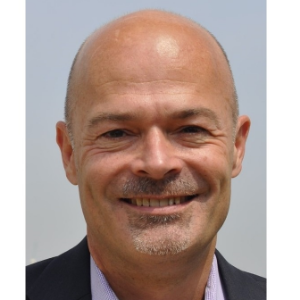
Tim Jackson
King’s College London, United Kingdom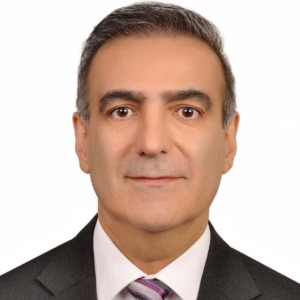
Shadrokh Nabili
University Hospitals of Morecambe Bay NHS Foundation Trust, United Kingdom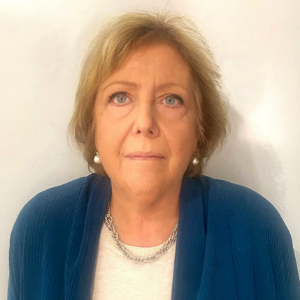
Anna Maria Bassi
University of Genoa, Italy
Pio Conti
University of Chieti, Italy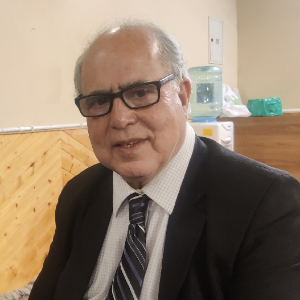
Gowhar Ahmad
Florence Hospital Srinagar, India
Hyungju Park
Gangnam Tokyo Eye Clinic, Korea, Republic of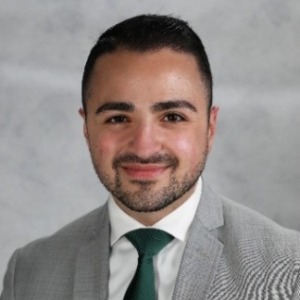




Title : Rare and interesting case of Goldenhar’s syndrome in a 3 years old male child
Gowhar Ahmad, Florence Hospital Srinagar, India
Title : Management of common vitreoretinal lesions: An overview and update
Tim Jackson, King’s College London, United Kingdom
Title : Optimizing astigmatism management in refractive cataract surgery
Shadrokh Nabili, University Hospitals of Morecambe Bay NHS Foundation Trust, United Kingdom
Title : Comparative outcomes of a newly modified trabeculectomy versus conventional trabeculectomy
Hyungju Park, Gangnam Tokyo Eye Clinic, Korea, Republic of
Title : Lumevoq gene therapy in leber hereditary optic neuropathy
Magali Taiel, GenSight Biologics, France
Title : Intra orbital wooden foreign bodies: A retrospective study of 30 cases
Chandana Chakraborti, Regional Institute of Ophthalmology, Medical College & Hospital, India